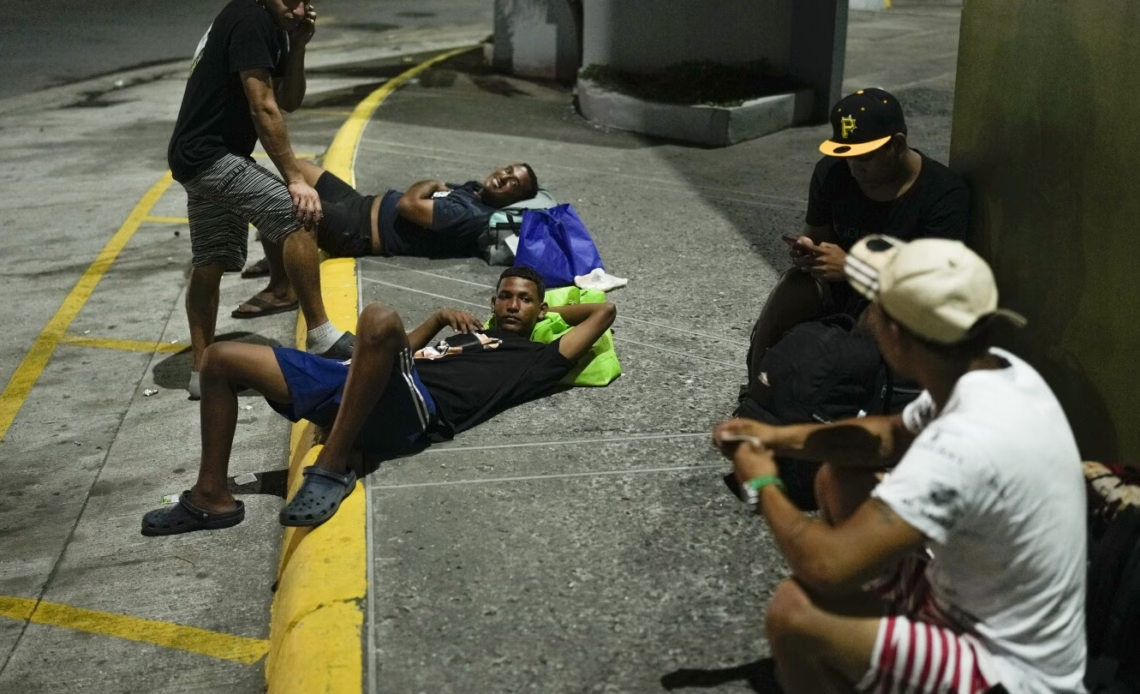PANAMA CITY (AP) — Panama announced Friday that it will allow 112 migrants deported from the United States who have been held in a remote camp in the Darien region since last month to move about the country freely until they decide on their next course of action.
The government cited humanitarian reasons for the decision but rights lawyers promptly expressed concerns that this could be a tactic to absolve the authorities of international scrutiny for their treatment of migrants while also putting them in more danger.
Panama’s Security Minister Frank Ábrego said the migrants — from a number of mostly Asian nations — would be granted temporary humanitarian passes as documents. They would find their own places to stay while they decide where they are going next, Ábrego said, without elaborating.
The passes would last for an initial 30 days but could be renewed, he added.
“They have exactly 30 days to figure out how to leave Panama, because they refused … to accept help from the (International Organization for Migration) and (the U.N. Refugee Agency) and said that they wanted to do it themselves,” Ábrego said, speaking to reporters outside a security conference Friday.
“Panama has decided to respect this,” he also said.
Panama has come under pressure from human rights groups for holding the migrants without their passports or cell phones in harsh conditions. Lawyers had petitioned the Inter-American Commission on Human Rights on their behalf.
Most of the migrants had been moved to the camp in San Vicente on Feb. 19, from a hotel in Panama City where they had initially been held under police guard. Migrants who agreed to voluntarily return to their countries remained at the hotel and those who didn’t were sent to the camp in the Darien.
Álvaro Botero, one of the lawyers who filed the petition, said his legal team was concerned the humanitarian permits are a way for Panamanian authorities to wash their hands of the deportees, many who fear for their safety in their own countries.
“Many of these people have legitimate claims to seek and receive asylum,” Botero’s said. “The option of deporting them is not the protection that these people deserve.”
While deportees were stripped of their phones by Panamanian authorities, a handful of people, including one who has spoken with The Associated Press, have been able to communicate secretly with hidden phones.
Botero’s…

